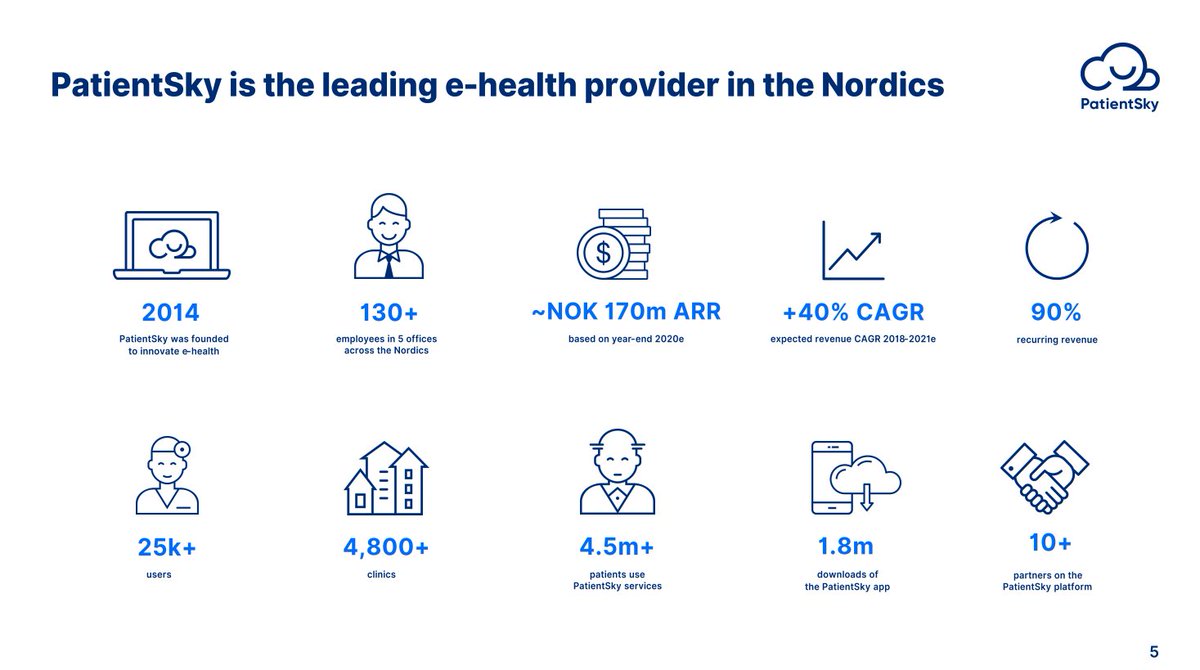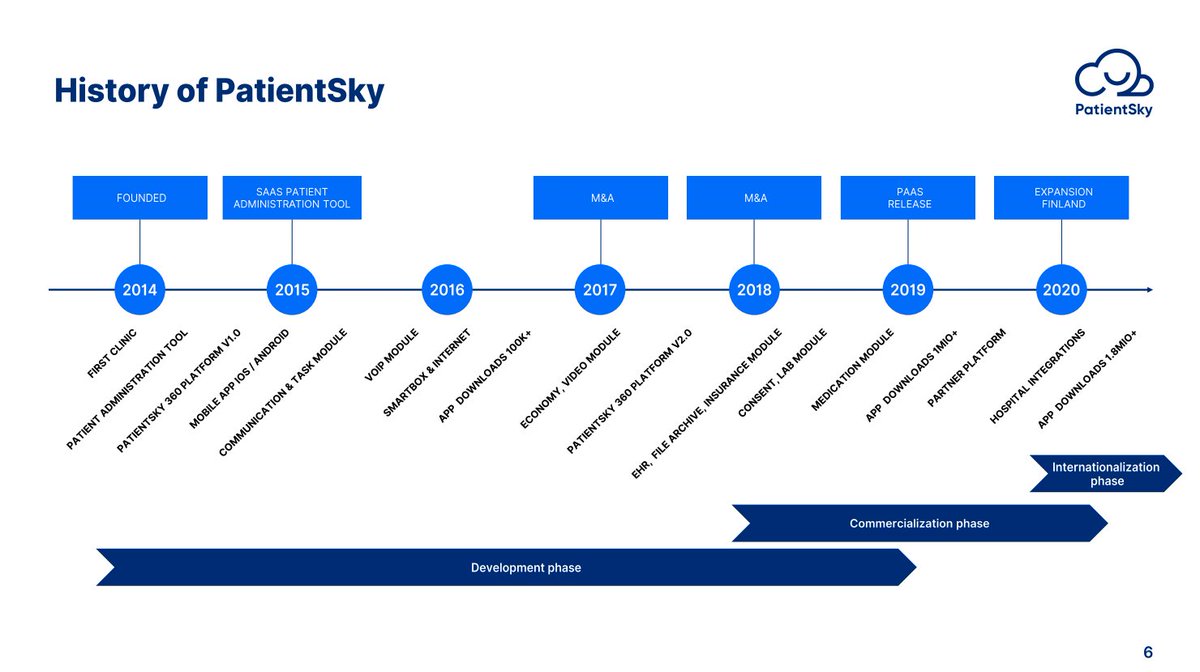2/100
[[Knowledge Management]], [[Reproducible [[Social [[Science]]]]]], and [[Academic Workflow]]s – 100 Tweets for @threadapalooza 2020, let's go
#roamcult #𐃏
1/100
2/100
3/100
4/100
5/100
6/100
7/100
Think in terms of Roam, papers should have unique IDs for paragraphs, so I can do einstein1905movement/ASDJKSL to link to a specific paragraph
8/100
9/100
10/100
More from Software
As the year wrap's up, let's run through some of the worst public security mistakes and delays in fixes by AWS in 2020. A thread.
First, that time when an AWS employee posted confidential AWS customer information including including AWS access keys for those customer accounts to
Discovery by @SpenGietz that you can disable CloudTrail without triggering GuardDuty by using cloudtrail:PutEventSelectors to filter all events.
Amazon launched their bug bounty, but specifically excluded AWS, which has no bug bounty.
Repeated, over and over again examples of AWS having no change control over their Managed IAM policies, including the mistaken release of CheesepuffsServiceRolePolicy, AWSServiceRoleForThorInternalDevPolicy, AWSCodeArtifactReadOnlyAccess.json, AmazonCirrusGammaRoleForInstaller.
First, that time when an AWS employee posted confidential AWS customer information including including AWS access keys for those customer accounts to
Fresh data breach news-
— Chris Vickery (@VickerySec) January 23, 2020
Amazon AWS engineer exposes work-related keys, passwords, and documents marked "Amazon Confidential" via public Github repository: https://t.co/7gkIegnslx
Discovered within 30 minutes of exposure by my team at @UpGuard.
Discovery by @SpenGietz that you can disable CloudTrail without triggering GuardDuty by using cloudtrail:PutEventSelectors to filter all events.
"Disable" most #AWS #CloudTrail logging without triggering #GuardDuty:https://t.co/zVe4uSHog9
— Rhino Security Labs (@RhinoSecurity) April 23, 2020
Reported to AWS Security and it is not a bug.
Amazon launched their bug bounty, but specifically excluded AWS, which has no bug bounty.
Amazon Vulnerability Research Program - Doesn't include AWS D:https://t.co/stJHDG68pj#BugBounty #AWS
— Spencer Gietzen (@SpenGietz) April 22, 2020
Repeated, over and over again examples of AWS having no change control over their Managed IAM policies, including the mistaken release of CheesepuffsServiceRolePolicy, AWSServiceRoleForThorInternalDevPolicy, AWSCodeArtifactReadOnlyAccess.json, AmazonCirrusGammaRoleForInstaller.
You May Also Like
Recently, the @CNIL issued a decision regarding the GDPR compliance of an unknown French adtech company named "Vectaury". It may seem like small fry, but the decision has potential wide-ranging impacts for Google, the IAB framework, and today's adtech. It's thread time! 👇
It's all in French, but if you're up for it you can read:
• Their blog post (lacks the most interesting details): https://t.co/PHkDcOT1hy
• Their high-level legal decision: https://t.co/hwpiEvjodt
• The full notification: https://t.co/QQB7rfynha
I've read it so you needn't!
Vectaury was collecting geolocation data in order to create profiles (eg. people who often go to this or that type of shop) so as to power ad targeting. They operate through embedded SDKs and ad bidding, making them invisible to users.
The @CNIL notes that profiling based off of geolocation presents particular risks since it reveals people's movements and habits. As risky, the processing requires consent — this will be the heart of their assessment.
Interesting point: they justify the decision in part because of how many people COULD be targeted in this way (rather than how many have — though they note that too). Because it's on a phone, and many have phones, it is considered large-scale processing no matter what.
It's all in French, but if you're up for it you can read:
• Their blog post (lacks the most interesting details): https://t.co/PHkDcOT1hy
• Their high-level legal decision: https://t.co/hwpiEvjodt
• The full notification: https://t.co/QQB7rfynha
I've read it so you needn't!
Vectaury was collecting geolocation data in order to create profiles (eg. people who often go to this or that type of shop) so as to power ad targeting. They operate through embedded SDKs and ad bidding, making them invisible to users.
The @CNIL notes that profiling based off of geolocation presents particular risks since it reveals people's movements and habits. As risky, the processing requires consent — this will be the heart of their assessment.
Interesting point: they justify the decision in part because of how many people COULD be targeted in this way (rather than how many have — though they note that too). Because it's on a phone, and many have phones, it is considered large-scale processing no matter what.



















